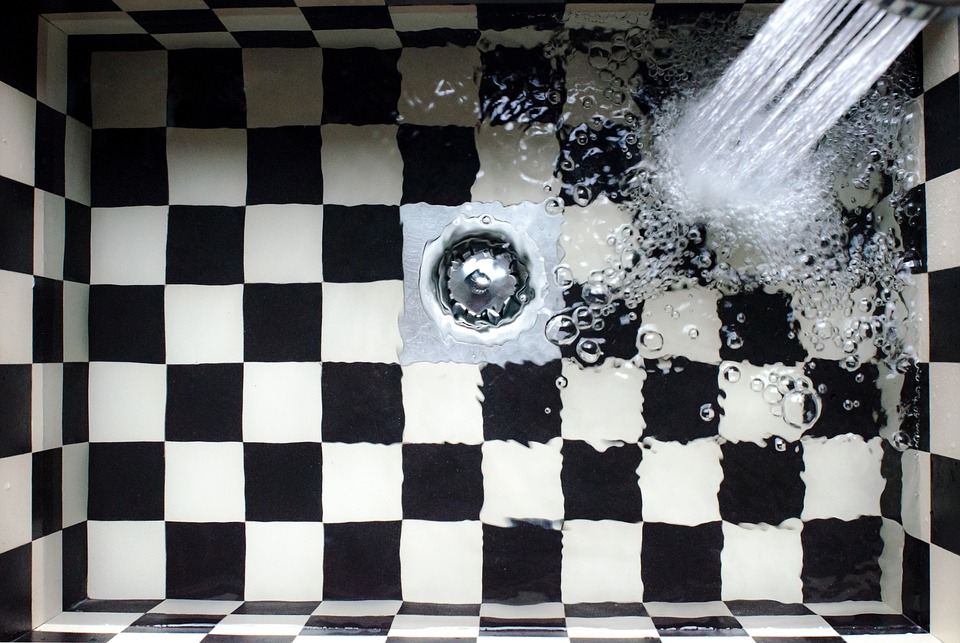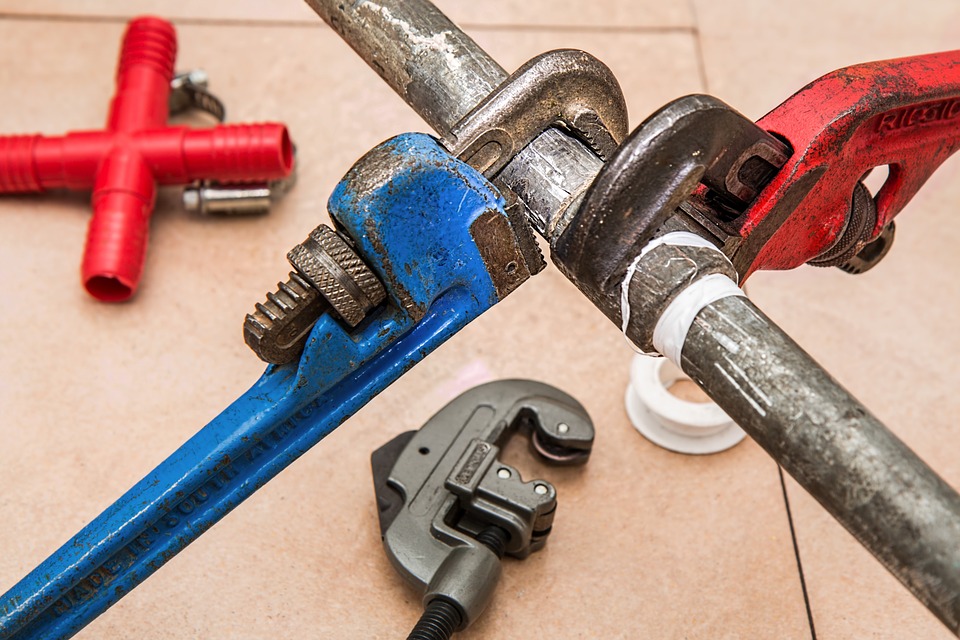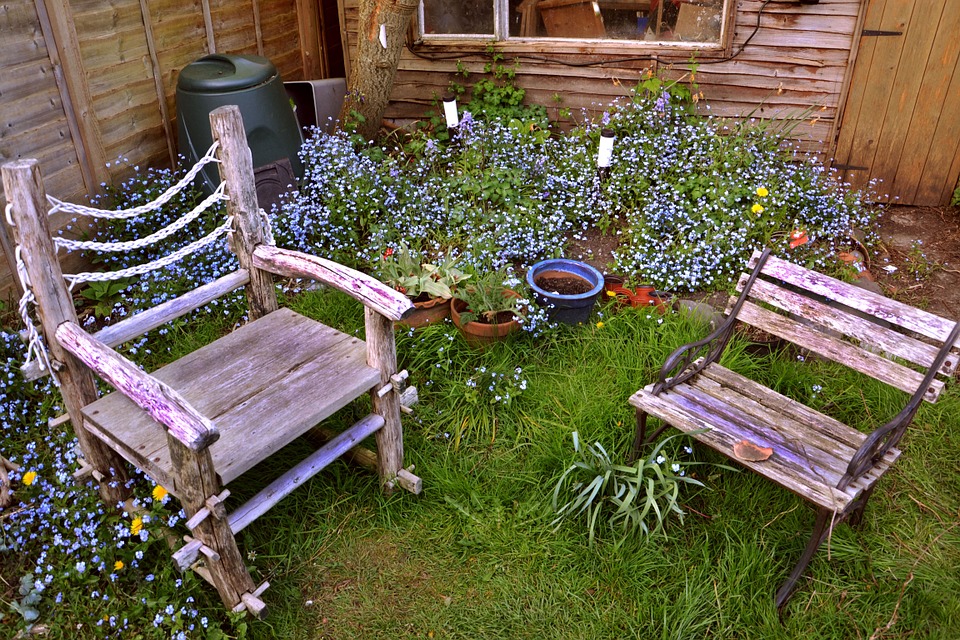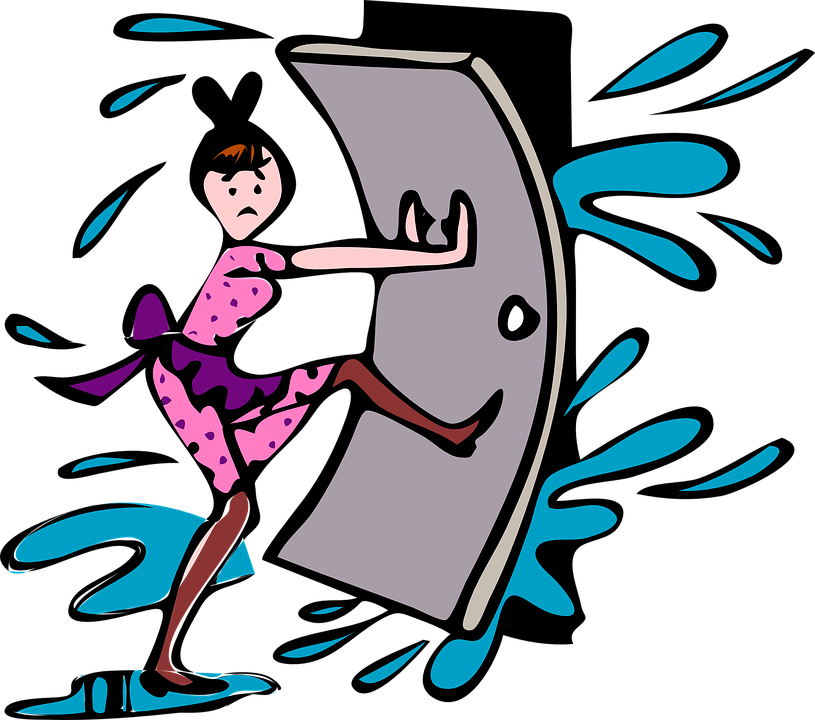Buying a house is one of the biggest investments an average person makes in their lifetime. Most of us cannot afford to pay for a house with our savings alone, so the vast majority of people have to take loans in order to be able to afford a house. Of course, that means that means that for quite a few years in the future, we are stuck with monthly installments, which form an additional (and very significant) expense to take care of on a regular basis.
Of course, such an investment provides us with some amount of safety and certainty in the future. Whatever happens, you have your house, and you can sell it if need be. People often invest in their home even more in order to assure that they will get a good price for it if they ever decide to sell it.
However, accidents happen. One of the biggest and most serious kinds of damage your home can suffer is water damage. It is very destructive and it can cause lasting consequences in the form of mold, mildew, and rot. Just remember all the flood stories – for example, in 2015 in Australia, serious flooding in Queensland caused an estimated $750 million in damage. Sure, a single house will not suffer that much damage, but you get the idea of how dangerous water can really be. Obviously, you don’t want to wait for it to happen in order to address the potential risks. It’s better to be safe than sorry, so here are some tips to ensure your house is safe from water damage.
1. Pay close attention to your water bills
Always monitor your water-related expenses carefully, for they can be the first sign that something is wrong. If you suddenly get a much higher bill than you usually do, it might be the time to check up on your pipes or appliances.
2. Be careful about the things that go down the drain
As you probably already know, you shouldn’t pour grease down the drain. It can pile up in your pipes and cause clogging and damage. Ultimately, it can even cause flooding in your basement, so you need to take it seriously. You should always dispose of fat and grease in a pipes-friendly way. Allow it to cool down and throw it out with the rest of the garbage, or, if possible, re-use it for cooking!

3. Inspect gutters and downspouts regularly
One of the most important things you should be doing (but are probably postponing) is checking your gutters and downspouts. Do it regularly, especially during the seasons of bad weather. Check if there are bird nests, leaves, or any other kinds of debris there. They can clog the system and cause damage to your roof and walls. Rotting and mold are only two of the problems that can arise from clogged gutters, so it’s important to take good care of them.
4. Check for leaks
Make sure that your appliances don’t leak. Check your showerheads, faucets, and toilets regularly in order to spot any leakage on time. Of course, they’re not the only things that could be leaking around the house. Check your dishwasher or washing machine as well, and always pay attention to anything that can point to your pipes leaking. If there are any stains on your ceilings, discoloration on your walls, or damage to your floors, that should give you a clue that something is amiss. Discoloration in particular is a common problem in Australia, and if you notice it, you’ll likely need professional help. There are some reliable providers of remedial waterproofing services in Sydney, so find a good company and make sure that any leakage if fixed in a timely fashion, in order to prevent further damage.

5. Use a drain snake
Even the most careful of us have known the pain of a clogged drain. Usually, people automatically reach for strong chemicals in order to deal with this issue. Unfortunately, while they will usually solve the problem, for the time being, the chemicals will also damage your pipes and harm the environment. Therefore, if need be, use a drain snake instead. It is better for nature, and your pipes will thank you.
6. Be careful about your shrubs and trees
Even though shrubs and trees are great for landscaping, try to keep them away from the pipes. The roots can cause serious damage to the pipes, or even completely crush them. So when you see that your shrubs are getting too big and you know the pipes are in close proximity, it may be wise to remove them altogether.

7. Get Insurance
Finally, if all else fails, make sure you have a good insurance. Check what is covered by your insurance package and what is not. Consider upgrading if there’s a need. You never know what will happen, and it’s better to have something to fall back on, don’t you think?
Water damage can be devastating for your home. However, if you stick with these tips and tricks, you may just get lucky enough to avoid it.
Author Bio : Audrey Taylor was born in San Francisco, and moved to Adelaide at the age of five. Marketer researcher and social media manager on hold, full – time mommy of a cheerful two-year-old. Graduated from Queensford college, worked in a couple of marketing agencies across Australia, eager to learn more about business and share her experiences. Travelled across Europe. Her hobbies include: home decor, fashion, travel, music, old movies.


